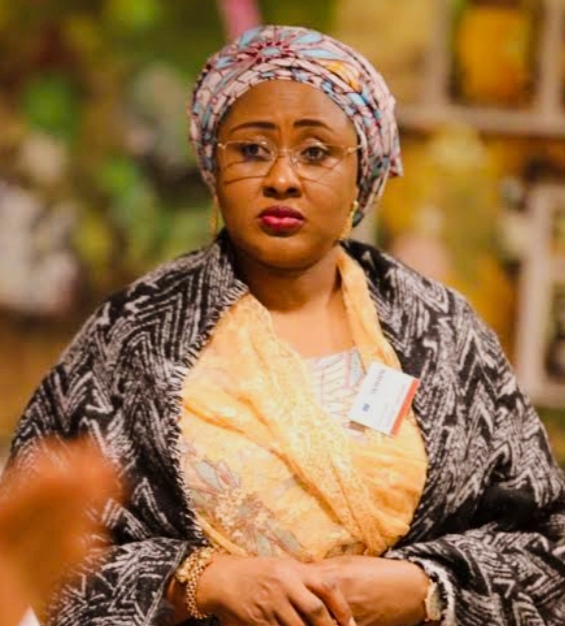In an emotionally charged appeal that has ignited national debate, former First Lady Aisha Buhari has begged Nigerians to forgive her late husband, ex-President Muhammadu Buhari, for the “wrongs he committed” during his time in power.
Speaking with raw vulnerability, Aisha disclosed that the former president, before his death, repeatedly instructed her to plead for forgiveness on his behalf. “He always reminded me that he was only human, capable of both good and mistakes,” she said. “Please I beg everyone to forgive him before he is taken to his grave.”
The plea comes just days after President Buhari’s passing in a London hospital, and has since sparked a flood of reactions from Nigerians—some expressing sympathy, others seething with anger.
Among the harshest critics is activist and former presidential candidate, Omoyele Sowore, who accused Buhari of gross human rights violations, including the extrajudicial killings of Shiites and EndSARS protesters, suppression of the judiciary, and economic mismanagement. “We do not mourn tyrants. We remember their victims,” Sowore stated bluntly.
The ex-president’s legacy, long marred by allegations of authoritarianism, ethnic bias, and economic failures, now confronts an emotionally complex national reckoning. For many Nigerians, the wounds from Buhari’s eight-year rule remain too fresh for closure, even in death.
President Bola Tinubu has ordered national flags flown at half-staff, while a high-powered delegation prepares to receive Buhari’s remains in Daura, Katsina State, for burial. Yet, beyond the state protocols and ceremonial rites, a deeper question lingers in the hearts of citizens: Can a nation truly forgive without justice—or forget without truth?
As Nigeria mourns, reflects, and debates, Aisha Buhari’s plea might not end the argument—but it has certainly reopened the file.













